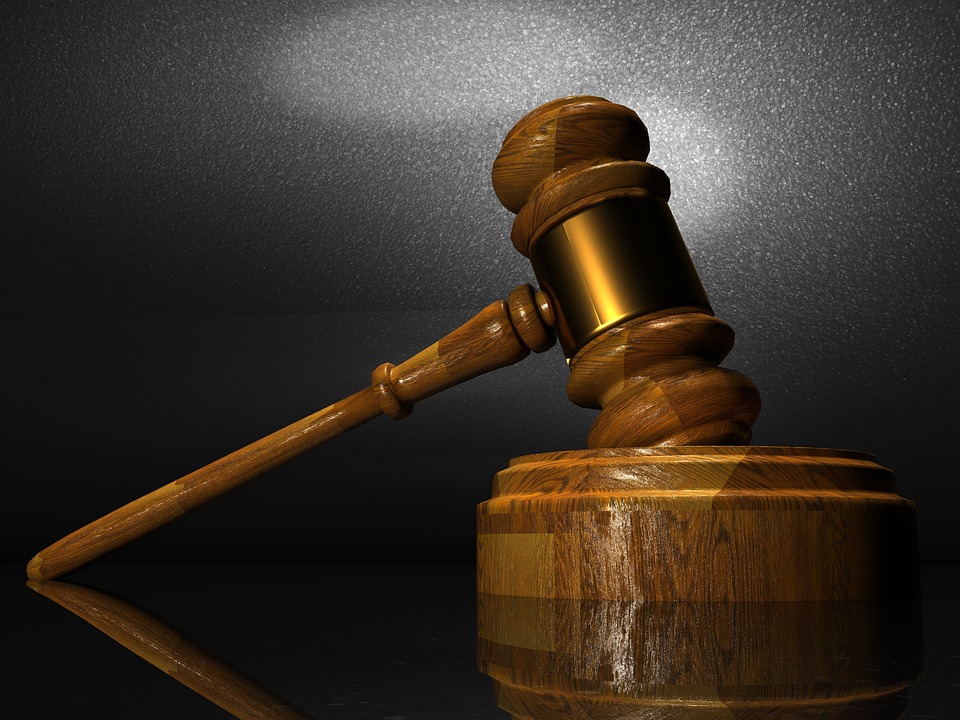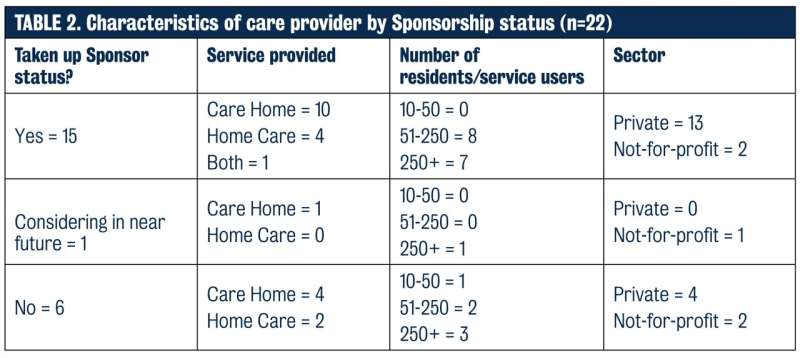Introduction
In the realm of child care, licensing and regulations play a crucial role in ensuring the safety and well-being of children in various childcare facilities. From daycare centers to in-home care providers, adherence to legal requirements is essential for maintaining high standards of care. This article will explore the importance of licensing and regulations in child care from a legal perspective, highlighting key considerations and implications for both providers and families.
Understanding Licensing in Child Care
Licensing in child care refers to the process by which childcare facilities are authorized and monitored by government agencies to operate within specific guidelines. These guidelines typically include requirements for staff qualifications, health and safety standards, and overall facility conditions. By obtaining a license, childcare providers commit to upholding these standards to ensure the well-being of the children in their care.
Licensing and regulations in child care establish critical safeguards, ensuring compliance with legal standards that protect children’s welfare. A dedicated Miami child custody lawyer plays a pivotal role in navigating these complex frameworks, advocating for parents and guardians while addressing disputes with precision. Legal expertise ensures adherence to protocols, fostering stability and accountability.
Regulations and Compliance
Regulations in child care are specific rules and guidelines that providers must follow to maintain their licensing status. These regulations cover a wide range of topics, including staff-to-child ratios, background checks for employees, emergency preparedness plans, and record-keeping requirements. Compliance with these regulations is essential for ensuring the safety and security of children in childcare settings.
The Legal Framework
The legal framework surrounding licensing and regulations in child care is complex and varies by jurisdiction. In the United States, for example, each state has its own set of laws governing childcare licensing and regulations. Providers must be aware of and comply with these laws to avoid legal repercussions and potential closure of their facilities.
Implications for Child Care Providers
For child care providers, adherence to licensing and regulations is not only a legal requirement but also a matter of reputation and trust. Parents expect that their children will be safe and well-cared for in licensed facilities that meet regulatory standards. Failure to comply with these standards can result in fines, lawsuits, and damage to a provider’s credibility.
Impact on Families
Families seeking childcare services are also affected by licensing and regulations. Knowing that a provider is licensed and compliant with regulations can provide peace of mind and assurance that their child will be in a safe and nurturing environment. Understanding the legal framework of child care can help families make informed decisions about the care of their children.
FAQs
1. What is the role of licensing in child care?
Licensing in child care ensures that providers meet specific standards for the safety and well-being of children in their care. It is a legal requirement for operating childcare facilities.
2. Why are regulations important in child care?
Regulations in child care establish guidelines for providers to follow in order to maintain a safe and secure environment for children. Compliance with regulations is essential for upholding standards of care.
For more information on the legal aspects of licensing and regulations in child care, please visit [this link](#).




